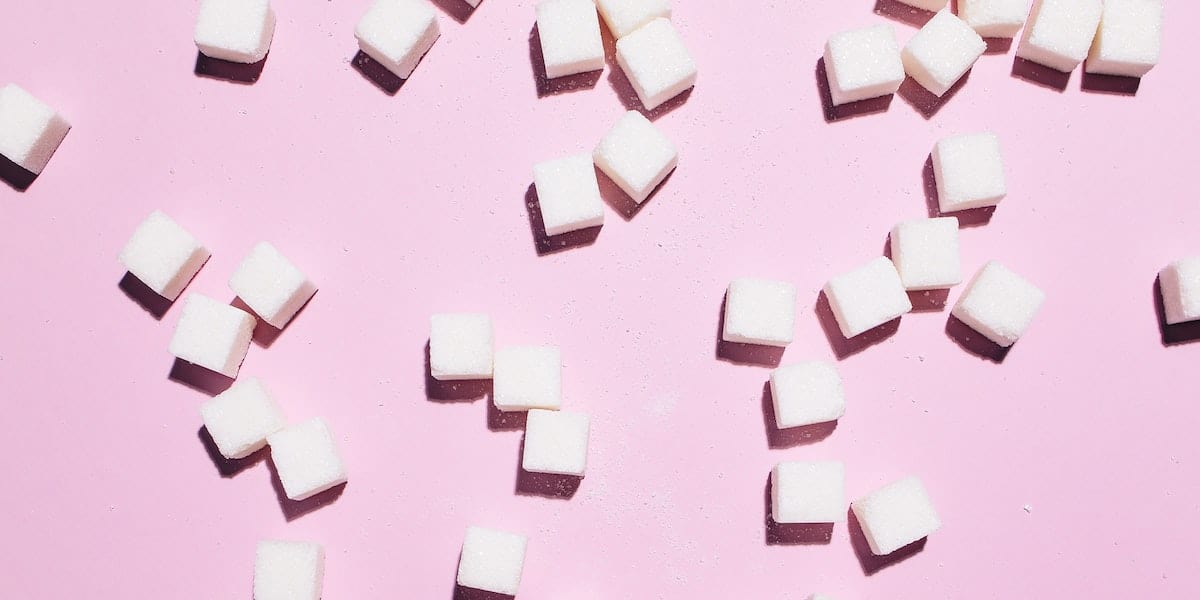If you are breastfeeding your baby you will have seen how gassy they can get as they get used to latching on and digesting the milk they drink.
As your baby’s gut develops and they get used to a good breastfeeding position they will become less gassy but you will still expect to hear a few noises now and again!
Gas is not just a problem for babies it can also be an issue for moms who are breastfeeding too. If you have been asking yourself if it is breastfeeding that is making you gassy then you are most definitely not alone in your experience.
You may be confused as to why breastfeeding is linked with your digestive system so we are here to answer your questions.
As an Amazon Associate, I earn from qualifying purchases. The links below may be affiliate links. Please read my disclosure policy for more information.
Why Does Breastfeeding Make You Gassy?

There are a few reasons why breastfeeding can make you gassy, which we take a look at below.
Diet
When you produce breast milk towards the end of pregnancy ( colostrum will be made before your baby is born and will be the first thing that they drink). Your milk will ‘let down’ once the placenta detaches and your baby can suckle on your breast as soon as they are ready.
It will take some time before your baby latches on fully and begins to benefit from your milk after they use up all of the colostrum. If you are not advised that milk production will take a few days to come in fully you may worry about how much you are feeding your baby and start to take supplements and milk-boosting products.
Some of these products may be beneficial to you but they may also produce some gas. If you continue to consume products that you believe are increasing your milk supply then the gassiness may continue.
If you are especially sensitive to gas then you should try to limit your consumption of milk-boosting products if it is causing problems.

Hunger
It may not be the exact food that you are eating that is making you gassy it could be the amount of food that you are eating or the combination of foods that you are eating. Eating more food when you are breastfeeding is natural as you will be using extra calories to make milk and will feel thirstier than usual.
Some women only increase the amount of food they eat by a few calories but for others, their food consumption can almost double. As you work hard to produce milk for your baby and feed your baby you will want to reach for the pantry more than you normally would.
As you eat more your digestive system will need to work harder and you will therefore experience more gas.
Eating too Quickly
Moms are very busy and when your babies feed a lot or you are running around looking after the rest of your family and your home you have little time to do anything yourself. This means that when you are hungry you are likely to be eating very quickly as you try to get as much food down you while you can.
When you eat large amounts of food quickly you can run into issues with gas as overfeeding is a common cause of digestive issues.
Type of Food you Eat

When you are breastfeeding you will be eating a lot of food and will want to make sure you are eating as healthy as possible. This will mean eating lots of fruits, vegetables, and healthy proteins such as beans and legumes which are renowned for making you belch and expel gas as they are high in fiber.
Hormones
Your hormones will change from the moment you get pregnant until long after you give birth and finish breastfeeding. One stage in which your hormone levels change significantly is when breastfeeding as levels of progesterone, prolactin, and oxytocin will all increase.
These hormones aid the relaxation of your tissues and muscles as they produce and release milk but they can also have side effects, one of which being gas. The reason gas may increase due to hormones is that just as the hormones relax the muscles in the breast they also relax the muscles in your digestive tract.
A Change in Sleep Patterns
Every parent will see a change in their sleeping pattern once their baby is born and for moms, this may be the case before their baby is born.
When you are breastfeeding your baby may wake up frequently through the night, particularly in the first few weeks, and you are the only person who can feed the baby unless you express yourself.
If your body does not get enough sleep and quality rest then you may run into issues with your digestion and subsequently feel gassy.

Stress
In addition to a lack of sleep, you are likely to feel more stress when you are a new mom as you are worried about looking after your baby and all that comes with it. When stress is added to a lack of sleep you may experience
Some these symptoms such as loose bowels, indigestion, and increased gas.
Reducing Gas When Breastfeeding
If you are reading the explanations for feeling extra gassy when you are breastfeeding and thinking “ this is me” you will be wondering what you can do about the problem. You can help reduce gas when breastfeeding by carrying out the following?
Adjusting your diet
Certain foods, including beans, broccoli, and lentils have the potential to increase the levels of gad in your body. Of course, these foods are healthy so you do not want to cut them out altogether but if you are suffering from excess gas you can eat these foods less often or until your gas has eased.
Reduce your sugar intake

Sugar, even natural sugars found in fruits, vegetables, and lentils, can cause bloating which will give you a lot of gas. By reducing the amount of sugar you eat you may lessen the need to release gas.
Eat slowly
If you find yourself eating too fast try to slow down. We know this will be difficult when you are rushing to eat around your baby’s schedule but it will help relieve the gas that you are experiencing.
You can be conscious of chewing your food more before you swallow which will help you slow down. If you have people around the house with you while you eat why not ask them to hold the baby or do some chores while you take time to eat?
Review your supplements
If you are your baby is thriving then you may be able to reduce the amounts of supplements that you are taking. If you are unsure you can ask a medical professional or a nutritionist for support as you may not necessarily have to stop taking your supplements but swap them for a different variety.
Allow the family to support you
If you believe that stress and a lack of good quality sleep is the main cause of excess gas then you should seek support from your family and friends. You may be able to get some sleep while your family looks after your baby and you can ask friends to help around the house to take some of the pressure off.
Consult your doctor
If you have tried to make changes to your diet and lifestyle but the gas is still a problem then you should consult your doctor. Your doctor may be able to advise of different strategies to relieve your gas or offer you remedies to help.
Relax
It is easier said than done but anyway that you can release some tension and relax can help with your overall digestive system. No matter how hard you try to prevent gas there will still become as it is normal for us all.
It may help to ask friends and family members who have breastfed as they may offer some advice.
Summary

Gas is a normal part of pregnancy and this may continue when you are breastfeeding for several reasons.
The food that you eat, including foods that are high in fiber or are difficult to digest, can be the main culprit as it eats too quickly. As well as your diet you may find that the lack of sleep that you experience with a young baby and the stress that you are under can lead to excess gas.
You can begin by looking at ways to reduce the foods that are causing you problems and try to slow down when you eat.
Asking friends to help you around the house with some of the chores you usually do when the baby is asleep can also help as less stress means fewer chances of gas running during your breastfeeding experience.
If you are unsure at any point about what to eat and how you can relieve gas then a doctor or lactation consultant can help.

